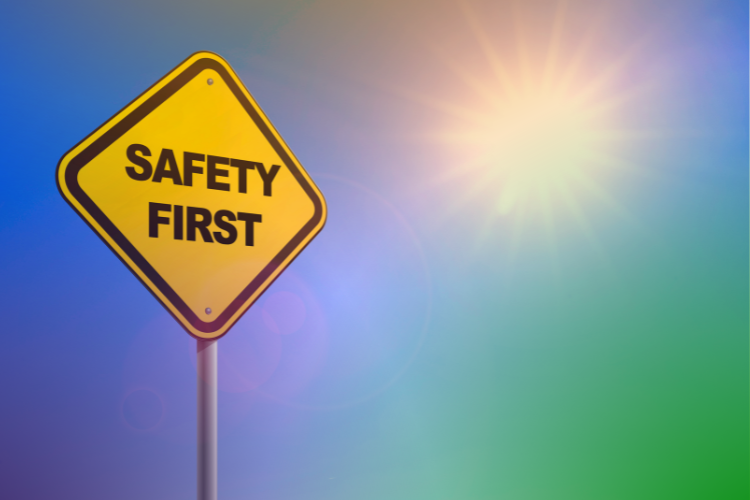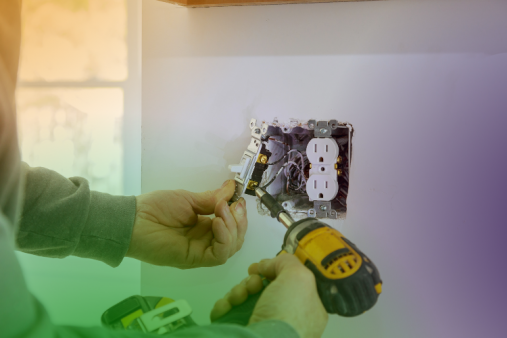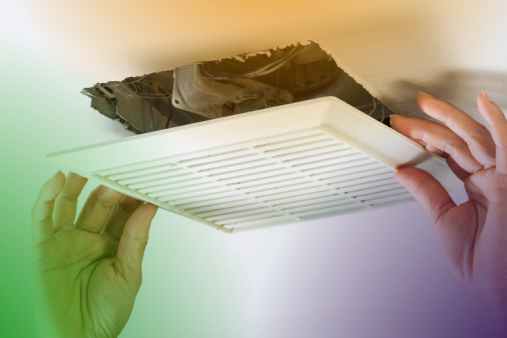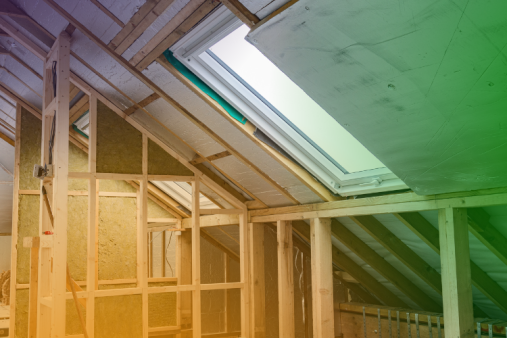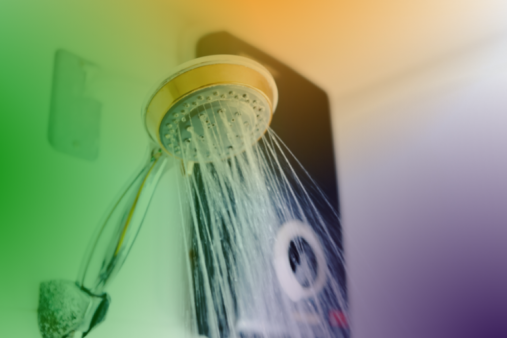How Much Does an Electrical Safety Certificate Cost?
The cost of acquiring an Electrical Safety Certificate in the UK generally varies between £80-£150, for an average-sized home. However, the price will vary depending on the complexity of the job, among other factors. All homeowners, including landlords, should invest in the importance of an Electrical Safety Certificate. Only certified electricians can legally issue an Electrical Safety Certificate, which documents that all electrical appliances and connectors within a property are in safe, working condition. An Electrical Safety Certificate test can generally be completed within one day or less.
The Electrical Safety report will identify any hazards or concerns with the status of all electrical circuits and appliances. It is not currently a legal requirement for homeowners. However, landlords are obliged to acquire an up to date Electrical Certificate.
The UK government are trying to stress the importance of ensuring the safety of others and educate people of the preventative value of PAT, (Portable Appliance Testing), electrical products in all homes. Multiple factors will affect the cost of an Electrical Safety report. Some of which include the size of your home, the number of appliances requiring testing, the certified Electrician's standard rate and the complexity of your electrical circuit board.
When hiring a certified tradesperson to carry out an Electrical Safety report, they will inspect all electrical circuits on the property. The charge will include their time, the testing of all electrical points, sockets, fixings, appliances and consumer units such as fuse boards. There should not be any additional charges for providing a written summary as this is part of the report.
Electrical Safety Certificate Prices
Below is an example of the average cost an electrician would charge to carry out an Electrical Safety report. This table is an estimated price and should be used to give you a rough idea of how the scale of a property will likely affect your budget.
| TEST DESCRIPTION | PROPERTY SIZE | COST |
|---|---|---|
| Electrical Safety Certificate | 1 Bedroom House | £80-£100 |
| Electrical Safety Certificate | 2-3 Bedroom House | £120-£150 |
| Electrical Safety Certificate | 4-5 Bedroom House | £160-£200 |
| Electrical Safety Certificate | 6 + Bedroom House | £220-£250 |
Labour Costs and Timescales
An electrician usually charges around £200 per day, but you’ll find most electrical safety inspections include the labour fee within the overall cost, so you won’t be charge for labour for the whole day.
Generally, an electrical safety check will take in-between 2 to 4 hours, all depending on how big the property is and what appliances are being examined.
What's Involved in Getting an Electrical Safety Certificate?
Getting an Electrical Safety Certificate is simple, and the process generally takes no more than 2-4 hours to complete. Your electrician will visit your property first to provide you with a price quotation. Once you are satisfied with the price, you will need to schedule a time and date for your Electrical Safety report testing to be carried out. Consider the fact that you may need to take a few hours off work to allow your electrician access to your property. You are not always required to be there while your electrician is carrying out the report. However, you should consider that it might possibly affect your working hours.
The electrician will inspect, and test all plug sockets, light fittings and electrical appliances to check whether they are in full working order. During the inspection, your electrician will identify any potential safety risks such as faulty appliances, improper electrical connections and overloaded extension outlets.
A competent electrician will establish whether there are any faults within the bonding of circuits and check if existing appliances are of a high enough standard for appropriate servicing. The electrician will also examine fire alarms and test them for the appropriate level of safety.
Your electrician may ask you a few questions regarding the history of the property's electricity. Such as when was the last inspection? How many appliances have been PAT tested? You may be required to provide any service reports from previous work that has been carried out prior to your Electrical Safety report.
Following an inspection of your entire property, your electrician will conclude their findings and construct a written report or document that is classed as the Electrical Safety Certificate. This report will outline the condition of your electrical appliances, along with any advisories for work that needs to be carried out.
Can you DIY Electrical Safety Certificates?
By UK law, the only people who can carry out and issue an Electrical Safety Certificate is a certified electrician. However, this does not mean that there are not steps you can take yourself to ensure and protect the quality and safety of your property. By regularly monitoring your properties electrical components and switchboards, you will reduce the likelihood of a hazard occurring.
Another way you can maintain a safe practice of electrical equipment is by investing in quality, energy-efficient white goods and other appliances. Research into the best manufacturers and always ensure your products either with home insurance or manufacturers warranties.
It is not illegal to carry out electrical works yourself if you feel capable. However, you must recognise that in order to acquire a legal Electrical Safety Certificate, all electrical work must be inspected and signed off by a licenced electrician. Most electricians will not be willing to sign off another person’s work, for risk of liability and reputation.
Types of Electrical Safety Certificates
There are four kinds of Electrical Safety Reports or Certificates:
- Minor Electrical Works Installation Certificates
- Electrical Installation Certificates
- Electrical Installation Condition Reports
- Part P Notification Reports.
Electrical Installation Certificates can only be issued by a licenced electrician and states that the installations carried out are in a safe, working order. Major electrical installations, including consumer unit install, require an Electrical Installation Certificate. Minor Electrical Certificates are similar to Electrical Installation Certificates. However, they differ in the extent of the work carried out. As the name suggests, minor electrical installation certificates are issued for smaller installations such as the addition of plug sockets and light switches domestic dwellings. On average, the cost of a minor electrical installation certificate in the UK starts at around £60.
In general, the two most common kinds of domestic Electrical Reports are carried out on Electrical Installations and Electrical Conditions. Landlords should always acquire a Landlord's Electrical Safety Certificate, as they are legally responsible for the safety of their tenants and condition of all electrical circuits within the property. Tenanted properties should be regulated and inspected, having an electrical safety report carried out at least every five years. These reports are commonly carried out upon re-wiring and electrical appliances to ensure that they are in safe, working condition. This will cost between £120-£200, on average.
Part P Notification is a building regulation that is in place to ensure the safety of homeowners and tenants. The regulation states that notification should be given, along with full plans to a building control body of any upcoming additions of one or more electrical circuit in dwellings and associated buildings. In some cases, the submission of change to a building control authority may result in incurring building control fees.
These Part P charges will vary, depending on your local council. However, notification costs are estimated to range between £250-£400, depending on the complexity of the electrical work. However, not all electrical work needs to be submitted. It always worth checking to see whether the work you are about to pursue will need to be approved or submitted to your local building control authorities.
Licenced electricians who are part of a qualifying, self-certification scheme or Part-P scheme can self-certify their work. This means that the local building regulations authorities will not need to be notified of electrical work carried out by this tradesperson.
